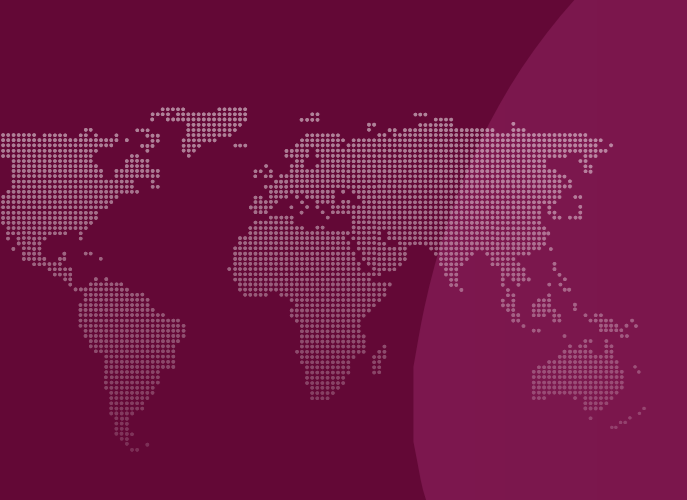 Credit: WHO
Credit: WHO7 October 2025 | Geneva — The World Health Organization (WHO) has released new recommendations on tuberculosis (TB) and undernutrition, as part of the WHO consolidated guidelines on tuberculosis. Module 6: tuberculosis and comorbidities. Undernutrition remains one of the most significant drivers of the TB epidemic globally – contributing to increased vulnerability to TB disease, poorer treatment outcomes, and preventable mortality. Addressing undernutrition and food insecurity among people affected by TB has the potential to improve outcomes and save lives.
The release of the latest guidelines marks a significant step in tackling determinants as part of people-centred care under WHO’s End TB Strategy. Key recommendations in the new guidelines include:
- Nutritional assessment and counselling for all people with TB, as well as their household contacts. This recognizes that a significant proportion of people in households with TB may be undernourished.
- Provision of nutritional interventions to optimize clinical outcomes in people with TB who have undernutrition, regardless of age, drug resistance, pregnancy status or severity of undernutrition.
- Provision of food assistance to prevent TB in household contacts of people with TB in food insecure settings. This new recommendation was informed by the findings from the Reducing Activation of Tuberculosis by Improvement of Nutritional Status (RATIONS) trial.*
“Tuberculosis thrives on inequality, with undernutrition as a major driver.” said Dr Tereza Kasaeva, Director of the WHO Department for HIV, Tuberculosis, Hepatitis, and Sexually Transmitted Infections. “To end TB, we must address undernutrition and food insecurity as part of a comprehensive, household-centred response. Integrating nutrition into comprehensive TB care is essential to breaking the cycle of disease and poverty, and constitutes a critical step towards a world free of TB.”
The uptake of the guidelines will require close collaboration with government departments and stakeholders involved in nutritional care, food assistance and social welfare services. The updated guidelines will be accompanied by an operational handbook to support implementation at country level. This will provide practical steps for stakeholder engagement and coordination, and on integrating nutritional care and food assistance into TB care and prevention efforts.
This edition of the guidelines expands on the previous edition of the WHO consolidated guidelines on TB and comorbidities which focused on HIV-associated TB, and provides an update to the previous WHO guidelines on nutritional care and support for patients with TB.
WHO gratefully acknowledges the invaluable contributions of the evidence reviewers, members of the guideline development group, technical experts, funding partners, and representatives from communities and civil society representatives.
This edition of the consolidated guidelines can be found at this link and will be made available along with the next edition of the operational handbook on the WHO TB Knowledge Sharing Platform.
* Nutritional supplementation to prevent tuberculosis incidence in household contacts of patients with pulmonary tuberculosis in India (RATIONS): a field-based, open-label, cluster-randomised, controlled trial. Bhargava, Anurag et al. The Lancet, Volume 402, Issue 10402, 627 – 640.
For more TB updates, check out the TB CAB Weekly Newsletter (Issue #30, 7 October 2025).
The newsletter is brought to you by the Global TB Community Advisory Board (TB CAB) with the support of Treatment Action Group (TAG) and the European AIDS Treatment Group (EATG). Subscribe to the newsletter here.
Source : World Health Organization
Related HIV and Co-Infections News
Get involved
Are you living with HIV/AIDS? Are you part of a community affected by HIV/AIDS and co-infections? Do you work or volunteer in the field? Are you motivated by our cause and interested to support our work?
Subscribe
Stay in the loop and get all the important EATG updates in your inbox with the EATG newsletter. The HIV & co-infections bulletin is your source of handpicked news from the field arriving regularly to your inbox.
